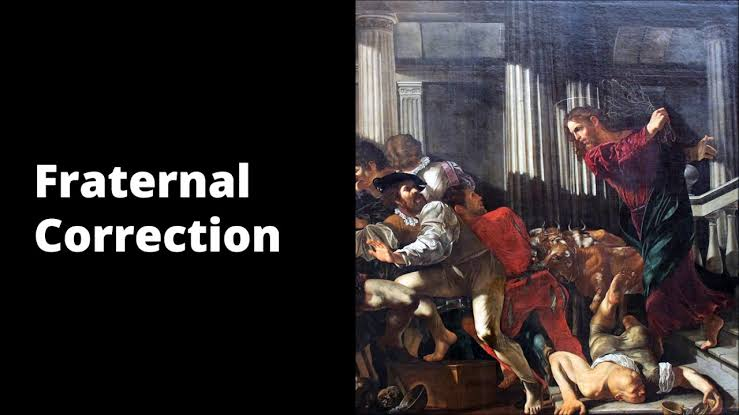Rev.
Fr. Emmanuel Emenike Onyia
THE HEART
THAT LISTEN AND CARRY OUT THE WORD OF GOD BEARS GOOD FRUITS
A tree
is known to be either good or bad, healthy or sick by the fruit it produces. In
the same way, the human heart is known to be either good or bad, holy or
sinful, sincere or corrupt by the fruits of our words and actions rooted in our
character.
Little
wonder Jesus in our Gospel passage today said: A good man draws what is
good
from the store of goodness in his heart; a bad man draws what is bad from the
store of badness. For a man’s words flow out of what fills his heart. Everyone
who comes to me and listens to my words and acts on them is like the man who
when he built his house laid the foundations on a rock. But the one who listens
and does nothing is like the man who built his house on soil, with no
foundations.
Here,
as Jesus concludes the sermon on the plain, he tells us that hearing and doing
the word of God is building our faith on a rocky foundation, that cornerstone,
that solid ground, through the fiercest drought and storms of life. This is
because the fruit of the Word of God in us is seen when tested in the storms of
life. He also reminds us that it is not enough to hear the word of God; we must
put it into practice. That it is not sufficient to speak about God, we must
practice what we speak. We must let the Word of God touch and shape our lives
so that we can bear good and healthy fruit.
For it
is a waste of time and energy if our lives do not reflect the Gospel we preach
if we do not hear the words of Jesus and act on them. Hence, we must embrace
the word of God in our lives and let it unite us together so that we can bear
good fruits even in our corrupt society. And St. Paul in our first reading
tells us that: Christ Jesus came into the world to save sinners. And himself is
the greatest of them; and if mercy has been shown to him, it is because Jesus
Christ meant to make him the greatest evidence of his inexhaustible patience
for all the other people who would later have to trust in him to come to
eternal life.
This
is the same with Pope Cornelius and St. Cyprian whose memorial we celebrate
today. For they were holy servants of God who dedicated their lives to the
service of God and for the love of God and their neighbour. And for this, they
died as martyrs under great persecution, of which they stood firm in their
faith and hope which is rooted in their love for God and neighbours.
Dear
friends, what kind of fruit are we bearing deep down in our hearts? How has the
word of God changed my life and the lives of those around me? How has the word
of God challenged and propelled me to love God and my neighbours? Is my
attitude towards the word of God like that of the foolish builder who takes shortcuts
for quick results? Or that of a wise builder who spends time digging secured
foundations through constant meditation and practice of the word of God?
Therefore,
we must know that whenever we hear the word, we must apply it in our daily
lives, because that's the only way we can feed our soul and bear good fruits.
This is important because our society today have enough hearers of the Word,
what we need now is doers of the Word, men and women who will feed their lives
with the Word of God and from the abundance of their heart live a life that
will influence the society positively. Remember, the houses built by wise and
foolish persons may probably look alike. But the difference is the foundations,
which can only be revealed when tested by the storms of life.
LET US
PRAY: Heavenly Father, through your Word we find life and hope in Christ your
Son who is our all in all. Through the
intercessions of SS Cornelius and Cyprian grant us the grace to embrace your
word in our lives and so bear good and healthy fruits rooted on a rocky
foundation. We ask this through Christ our Lord. Amen. Do have a blessed and
peaceful weekend.


.jpeg)
.jpeg)

.jpeg)




